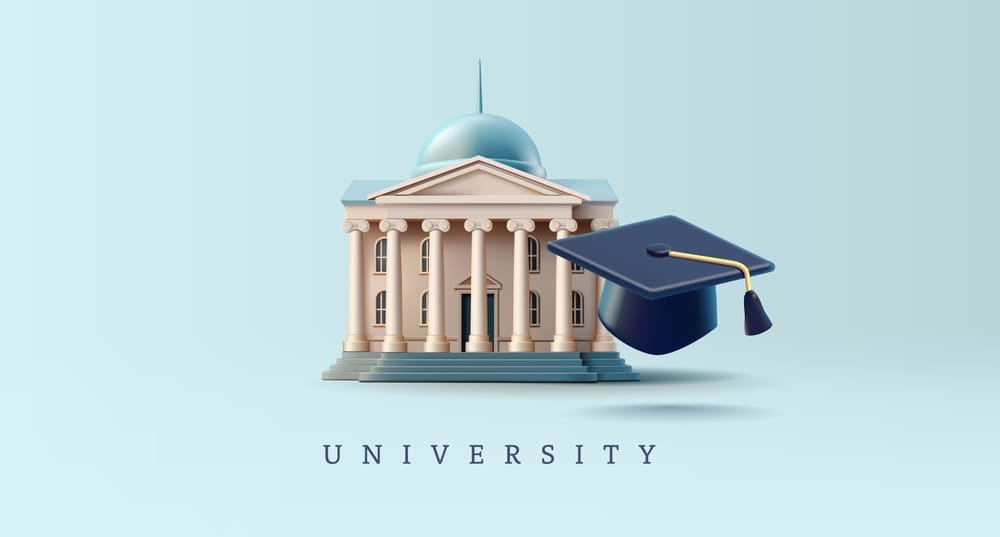Austria, with its rich cultural heritage, world-class education system, and picturesque landscapes, is a favorite destination for international students. However, understanding the cost of living and studying in Austria is crucial for planning a successful academic journey. This guide will break down the key expenses and provide tips to help you manage your finances effectively.
1. Tuition Fees in Austria
Austria offers affordable education compared to many Western countries. Here’s what you need to know:
- Public Universities:
- For EU/EEA students: Tuition is often free or minimal, with administrative fees of around €20–€50 per semester.
- For non-EU/EEA students: Tuition fees range from €1,000 to €1,500 per semester.
- Private Universities: Tuition fees vary widely, ranging from €5,000 to €25,000 per year depending on the program and institution.
Tip: Look into scholarships provided by the Austrian government, universities, or private organizations to offset these costs.
2. Accommodation Costs
Finding affordable housing is a significant part of your budget.
- Student Dormitories: €250–€450 per month. Shared facilities make this an economical option.
- Private Apartments: €400–€800 per month. Costs depend on location, with Vienna being the most expensive.
- Shared Flats (WG): €300–€500 per month, offering a balance between cost and privacy.
Tip: Start searching early and explore student housing platforms like OeAD Housing Office.
3. Transportation Expenses
Austria’s public transportation system is efficient and affordable.
- Monthly Public Transport Pass: Around €50 for students.
- Bicycles: A popular and eco-friendly option, with second-hand bikes available for €100–€300.
- Travel Discounts: Students often receive discounts on train and bus travel for intercity trips.
Tip: Invest in a semester ticket if you’re using public transport frequently—it offers significant savings.
4. Daily Expenses
Here’s a breakdown of typical monthly expenses:
- Groceries: €200–€300. Discount supermarkets like Hofer, Lidl, and Spar are budget friendly.
- Utilities (Electricity, Heating, Internet): €100–€150 for private apartments.
- Eating Out: A meal at a budget restaurant costs €10–€15, while a three-course meal at a mid-range restaurant is around €30.
- Entertainment: Cinema tickets cost €8–€12, and gym memberships are around €20–€40 per month.
Tip: Cook at home and take advantage of student discounts on entertainment and leisure activities.
5. Scholarships and Financial Aid
Austria offers various scholarships to international students:
- Government Scholarships: Check programs like the OeAD Scholarship and Ernst Mach Grant.
- University-Specific Aid: Many universities offer merit-based and need-based scholarships.
- Third-Party Funding: Organizations like DAAD and Erasmus+ provide financial support for eligible students.
Tip: Prepare your scholarship application early and ensure all documents are complete to improve your chances.
6. Part-Time Job Opportunities
International students are allowed to work part-time in Austria:
- Work Permits: EU/EEA students can work without restrictions, while non-EU/EEA students may need a work permit.
- Popular Jobs: Roles in hospitality, retail, and tutoring pay €8–€12 per hour.
- Working Hours: Students can work up to 20 hours per week during term time and full-time during holidays.
Tip: Balance work and studies effectively to ensure academic success.
7. Budgeting Tips for Students
Second-Hand Markets: Buy used books, furniture, and clothes to cut costs.
Track Your Expenses: Use budgeting apps like Mint or YNAB to monitor spending.
Student Discounts: Always carry your student ID to access discounts on transport, museums, and events.
Group Deals: Share groceries and cook with friends to save on food expenses.
Conclusion
While studying and living in Austria is relatively affordable, careful planning can make your experience stress-free. With access to affordable education, efficient public transport, and various scholarships, Austria offers international students an excellent opportunity to pursue their dreams without breaking the bank. By budgeting wisely and exploring financial aid options, you can focus on what truly matters: making the most of your academic journey and enjoying the cultural richness Austria has to offer.









